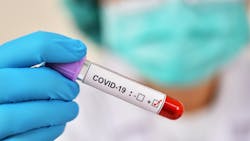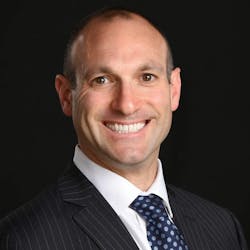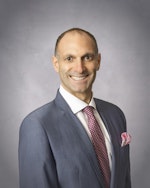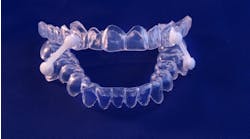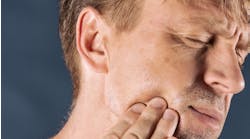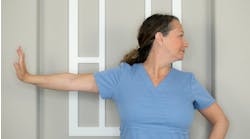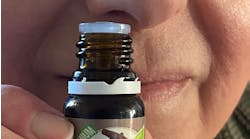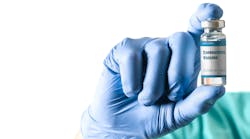CDC revises guidance on isolation after COVID-19–positive test
Based on new data about how long patients with COVID-19 are likely to remain infectious,1 the Centers for Disease Control and Prevention (CDC) says that a shorter period of self-isolation (10 days after the onset of symptoms) than previously advised (14 days after onset of symptoms) is needed following a COVID-19–positive test.
The CDC notes that accumulating evidence supports using a strategy for ending isolation and precautions for individuals with COVID-19 based on symptoms—not test results. Previously, the agency used a test-based strategy, which recommended that individuals testing positive isolate themselves until they had two negative swabs for severe acute respiratory syndrome coronavirus 2 (SARS-CoV-2).
The updated guidance, which reflects improved understanding of when infected individuals can spread viable viral pathogens (during the asymptomatic latency phase and about six days post onset of symptoms), says that most people who are symptomatic with COVID-19 should isolate at home for 10 days after symptoms begin and 24 hours after their fever has broken—without the use of fever-reducing medications—and until other symptoms have improved. The CDC notes that in patients with mild to moderate COVID-19 severity, the virus capable of replicating and causing infection has not been found after 10 days following the onset of symptoms. Recommendations from the CDC also advise those who test positive for SARS-CoV-2 but never develop symptoms should also isolate for 10 days from the date of their first COVID-19–positive test.
Since research has shown the virus to be capable of replication and infection up to 20 days after symptoms occur, individuals with severe disease and/or those who are immunocompromised may need to self-isolate for 20 days following the initial manifestation of symptoms.
Related articles
- Can periodontal disease be a contributing factor for COVID-19 severity?
- Downloadable COVID-19 screening form for dental patients
- The importance of periodontal treatment in post–COVID-19 dentistry
Reference
- Duration of isolation and precautions for adults with COVID-19. Recommendations. National Center for Immunization and Respiratory Diseases (NCIRD), Division of Viral Diseases. Centers for Disease Control and Prevention. Updated July 22, 2020. https://www.cdc.gov/coronavirus/2019-ncov/hcp/duration-isolation.html#cecommendations
Editor’s note: This article originally appeared in Perio-Implant Advisory, a newsletter for dentists and hygienists that focuses on periodontal- and implant-related issues. Perio-Implant Advisory is part of the Dental Economics and DentistryIQ network. To read more articles, visit perioimplantadvisory.com and subscribe at this link.
Scott Froum, DDS, a graduate of the State University of New York, Stony Brook School of Dental Medicine, is a periodontist in private practice at 1110 2nd Avenue, Suite 305, New York City, New York. He is the editorial director of Perio-Implant Advisory and serves on the editorial advisory board of Dental Economics. Dr. Froum, a diplomate of the American Board of Periodontology, is a clinical associate professor at SUNY Stony Brook School of Dental Medicine in the Department of Periodontology. He serves on the board of editorial consultants for the Academy of Osseointegration's Academy News. Contact him through his website at drscottfroum.comor (212) 751-8530.
